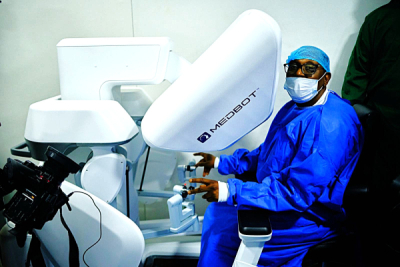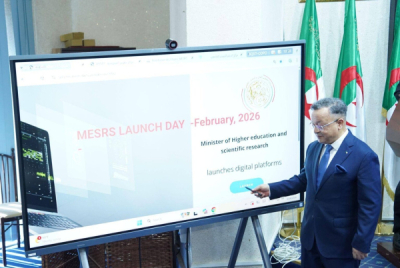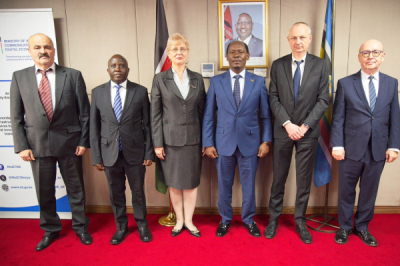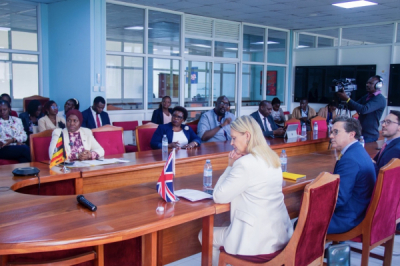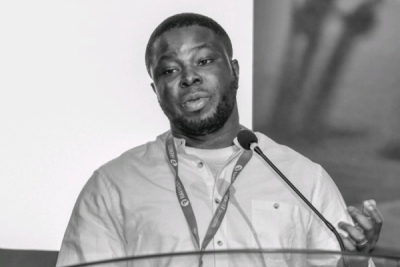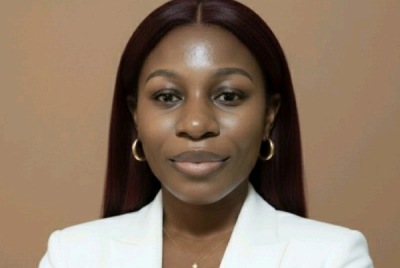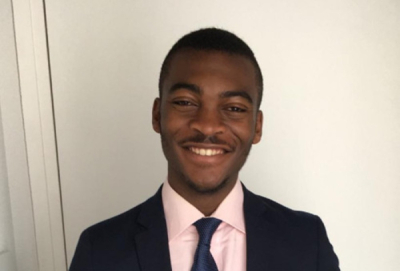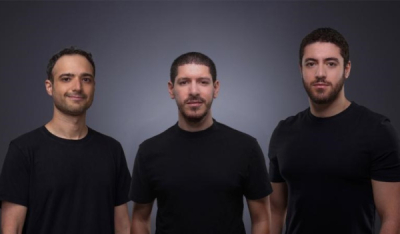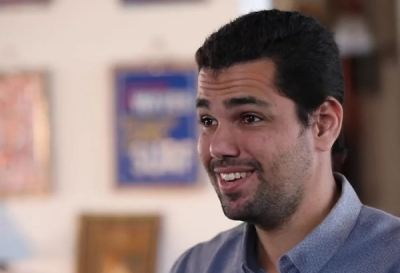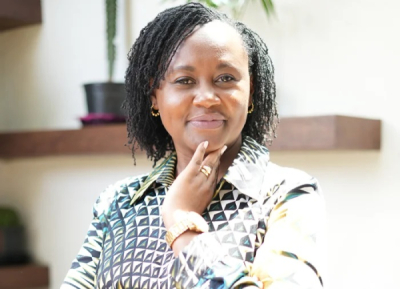Artificial intelligence is steadily becoming a transformative tool for African public services. Although local solutions are emerging in health, education, and agriculture, their widespread adoption hinges on significant structural investments and a clear ethical framework.
Africa is increasingly adopting artificial intelligence to modernize its public services, particularly in strategic sectors like health, agriculture, and education. According to "Governing in the Age of AI – Unlocking a New Era of Transformation in Africa," a report published in April 2025 by the Tony Blair Institute, AI can boost state productivity, enhance transparency, and improve access to essential services at a lower cost. Africa currently accounts for only 1% of global AI investment but could significantly benefit from a targeted approach based on concrete use cases tailored to local realities.
Health: Low-Cost Diagnostics and Smart Logistics
AI applications are expanding across Africa's health sector. In Nigeria, the startup Ubenwa developed an algorithm that analyzes newborn cries to detect early signs of asphyxia. This helps reduce neonatal mortality in rural areas. In Nairobi, Neural Labs is testing NeuralSight, an AI-based medical imaging analysis platform capable of diagnosing over 20 respiratory and breast diseases at a lower cost.
Agriculture: Boosting Productivity for Smallholder Farmers
African agritech companies are rapidly adopting AI to transform farming practices. South Africa's Aerobotics uses drones and satellite imagery to detect diseases and pests before they spread, contributing to higher yields. In Ghana, Farmerline launched Darli, a chatbot accessible via WhatsApp in 27 African languages, providing tailored agricultural advice. Launched in March 2024, the service already reaches 110,000 farmers. These innovations improve access to agricultural expertise, help reduce input use, and strengthen climate resilience.
Education: Personalized Support to Address Teacher Shortages
With UNESCO estimating a teacher shortfall of 15 million across the continent, AI is seen as a valuable support tool. SkillBridge in Ethiopia and M-Shule in Kenya offer intelligent assistants that guide students via SMS or apps, achieving an 87% accuracy rate in preparatory exercises. Nigeria's Afrilearn, for its part, employs a "learn-and-earn" model to give students free access to enriched and interactive educational content.
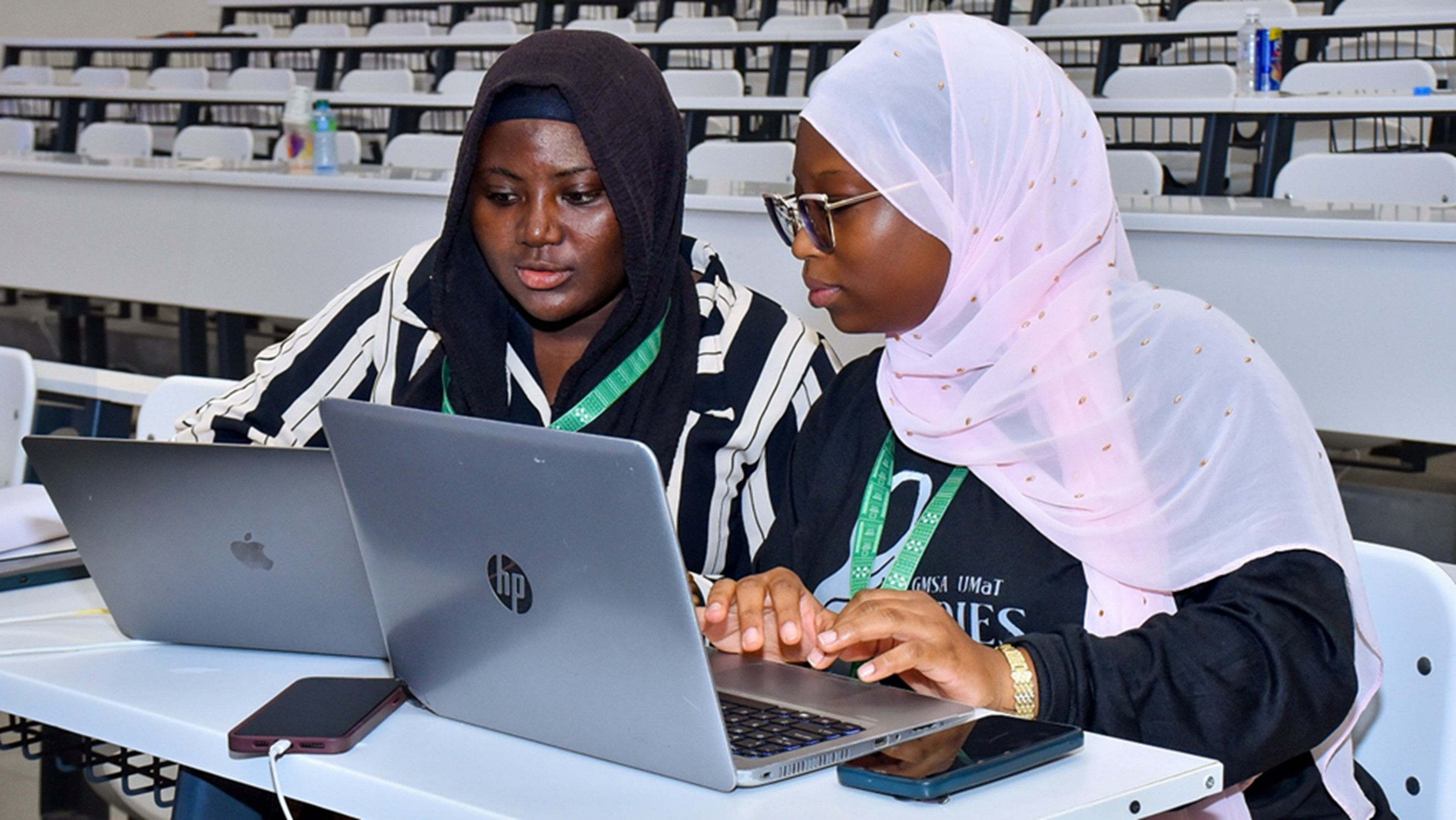
National Strategies Still Unevenly Distributed
To date, about 11 African countries have adopted a national AI strategy. These include Rwanda, South Africa, Morocco, Egypt, Ghana, Kenya, Tunisia, and Benin. According to the 2023 AI Readiness Index from the University of Oxford, Sub-Saharan Africa scores an average of 30.2 out of 100, significantly lagging behind East Asia's 52.6. Key obstacles identified include a lack of digital infrastructure, poor-quality data, and weak institutional capacities.
At the continental level, the African Union adopted the African Strategy for Artificial Intelligence in 2024. This strategy promotes responsible, inclusive, and ethical AI and includes developing data governance standards, shared regional infrastructure, and fostering local innovation.
African AI: Between Local Promise and Systemic Challenges
Africa now has high-impact, tangible AI use cases in health, agriculture, education, and public management. The startups involved demonstrate the continent's capacity for local innovation. However, without structural investment in infrastructure, talent development, and ethical governance, these initiatives risk remaining marginal.
To address this, the Tony Blair Institute report proposes creating an AI Financing Compact for Africa. This compact aims to pool investments in data centers, digital identities, and certified training programs. The private sector, driven by startups and tech hubs, is playing a crucial role in deploying solutions adapted to African contexts.
By Samira Njoya,
Editing by Sèna D. B. de Sodji



